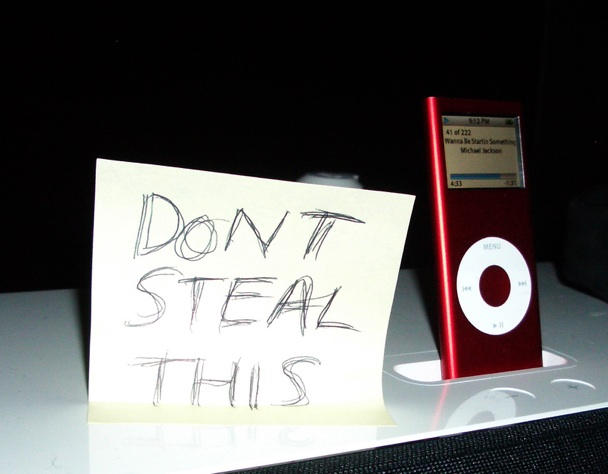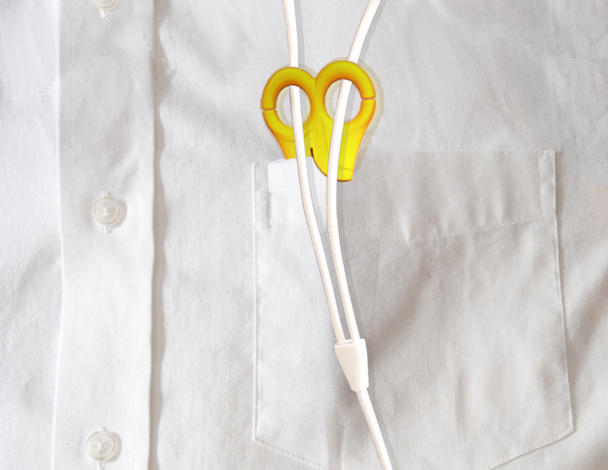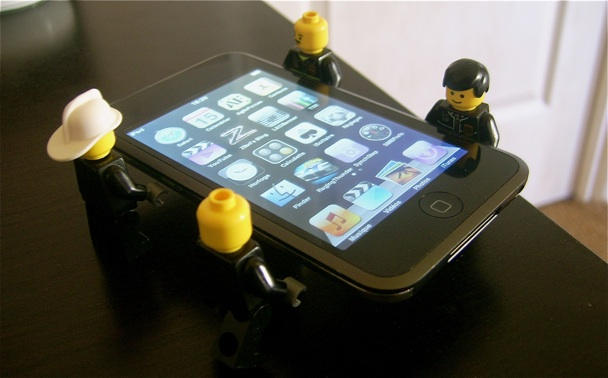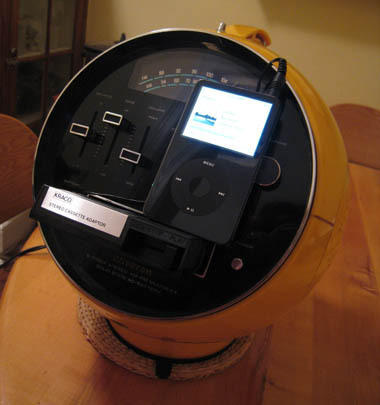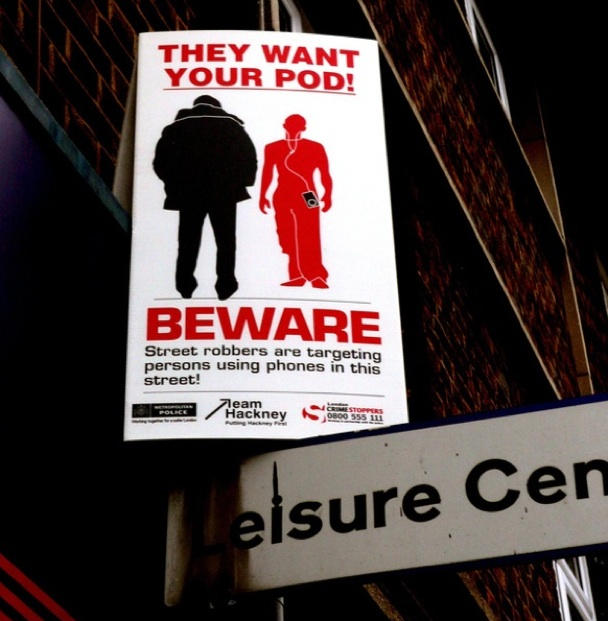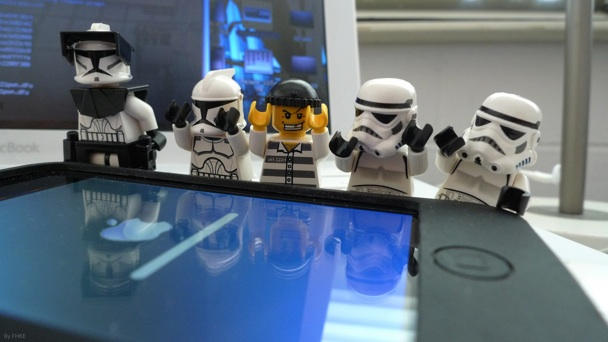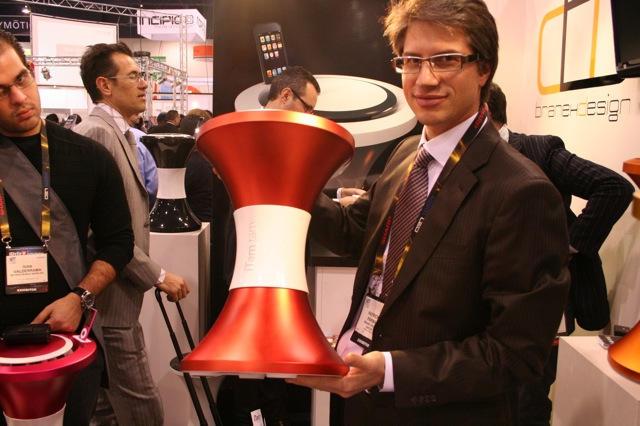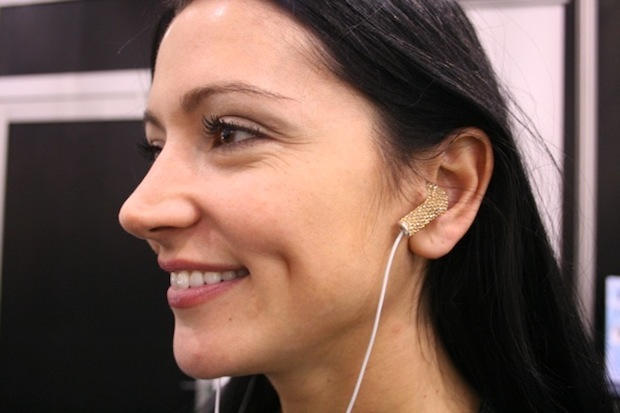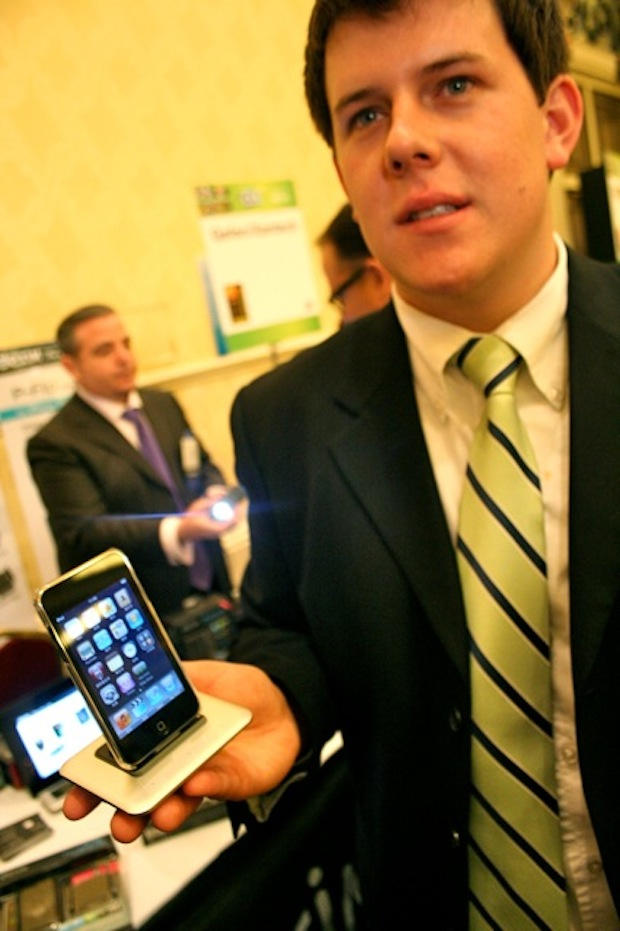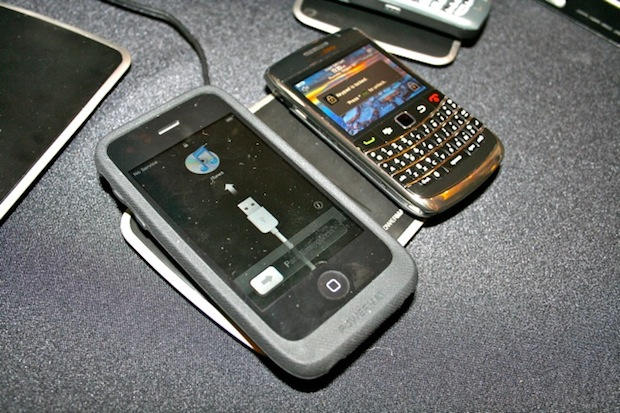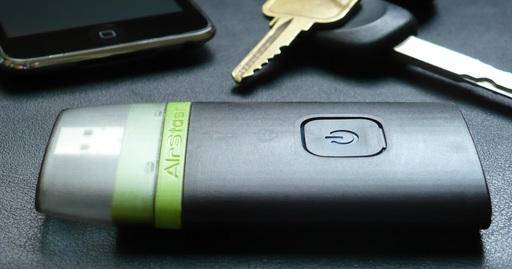What is it?
Political GPS is, hands down, the best way to leverage your iPhone or iPod Touch as a tool for political activism.
Created by Thomas Huntington, this handy dandy app can help pinpoint your personal location in the political spectrum, provides unprecedentedly comprehensive contact and biographical information for every senator and member of congress in Washington, DC, allows quick access to the full text and summary of every bill passed by the US Congress, back to the 106th — including all versions and amendments — and features the full texts of such seminal documents of freedom as the US Constitution, the Magna Carta and the Declaration of the Rights of Man.
Why it’s Cool:
Did you resolve to become more politically active in the coming year?
Perhaps you’re disenchanted with the return you seem to be getting from your vote in 2008 for Barack Obama or your local senator or congressperson. Perhaps you find yourself firmly in the Libertarian/Conservative quadrant of the political compass and smell both blood and an opportunity to swing the balance of power rightward in November’s midterm elections. Perhaps you’re just intrigued by the idea of a tool that might help you make your voice more easily heard with your representatives in congress.
Political GPS is the app you’ve been waiting for.
No flashy graphics or a fancy GUI here, but a quick 30 question survey helps you place your own political leanings on a compass-like map that measures general attitudes toward ideas of economic and social freedom, plotting your answers on axes measuring liberal/conservative and anarchist/totalitarian tendencies, as well as those for communism/libertarianism and socialism/fascism.
You can view your results in a theoretical landscape or plot them against the views of historical figures such as Abraham Lincoln, Franklin Roosevelt, Joseph Stalin and Ronald Reagan.
Full disclosure: this writer’s views aligned most closely with Ghandi and the Dalai Lama.
Then the real fun begins. Political GPS’s Congress Tracker gives you detailed information for each member of the US Congress. From biographical information and links to each member’s website to in-depth voting information and the ability to easily contact each member by phone, email, or Twitter, Political GPS helps you to learn more about your congress.
The search engine built into political GPS is far more robust and sophisticated than something you might expect to pay $2 for. Search representatives by name or state, search congressional bills by topic, content, title, or bill number; the member tracker and bill tracker databases are linked, too. Comprehensive information about the laws passed by congress and the people passing them has never been so easily accessed.
Full text access to historical documents is the lagniappe in Political GPS. Easily study the US Constitution, the Magna Carta and the Declaration of the Rights of Man right inside the app. Organized by Articles, Sections, and Amendments, it’s easy to go right to the area you want to read and it’s all easy on the eyes with large fonts and antique parchment backgrounds that give the documents a weighty feel without making them harder to read.
For anyone who believes in the idea that you should be the change you want to see in this world, Political GPS is certainly one of the coolest tools available to American iPhone and iPod Touch users.
Where to get it:
Political GPS is available at the Apple iTunes App Store in both free and $1.99 versions. But really, just pony up the $2 and make your voice heard.






